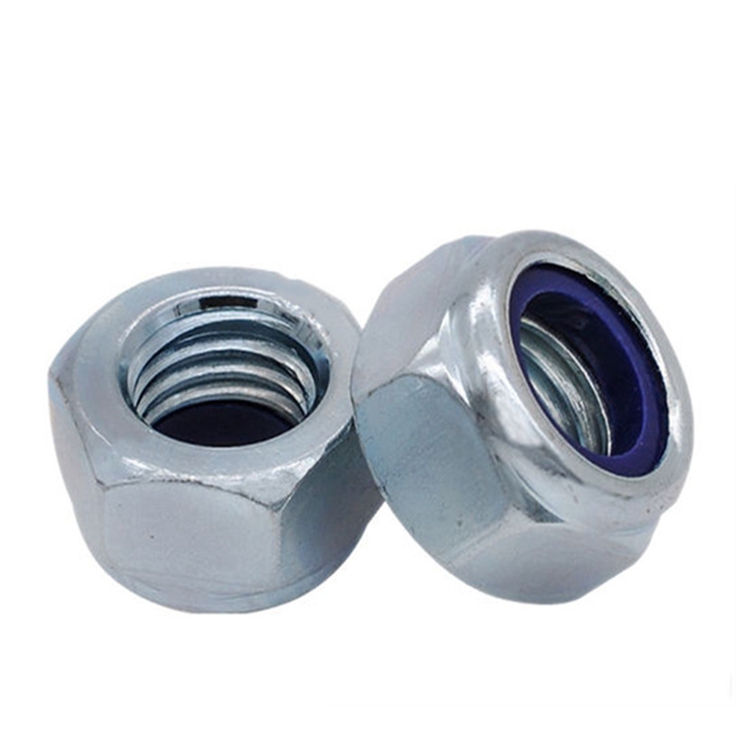Best Options for Purchasing Hex Nuts Online and In Stores
Dec . 03, 2024 16:25 Back to list
Best Options for Purchasing Hex Nuts Online and In Stores
The Essential Guide to Buying Hex Nuts A Comprehensive Overview
When it comes to mechanical fastening, few components boast as versatile a reputation as hex nuts. These essential hardware items are ubiquitous in construction, automotive, and various manufacturing sectors. If you're planning to buy hex nuts, understanding their types, uses, and selection criteria is crucial. This article serves as an in-depth guide to help you navigate your purchasing process effectively.
What Are Hex Nuts?
Hex nuts are hexagonal-shaped fasteners that typically have a hole in the center, allowing them to be used with various types of bolts and threaded rods. They come in various sizes, materials, and finishes, making them suitable for diverse applications, from securing furniture to assembling heavy machinery.
Types of Hex Nuts
1. Standard Hex Nuts The most common type, designed to fit standard bolts. 2. Lock Nuts These nuts come with additional features like nylon inserts or serrated edges to prevent loosening due to vibrations. 3. Flanged Hex Nuts Equipped with a wider diameter flange that distributes pressure and provides a larger bearing surface, making them ideal for softer materials. 4. Coupling Nuts Used to connect two pieces of threaded rod, essentially acting as a spacer. 5. Jam Nuts Thinner than standard hex nuts, jam nuts are often used in conjunction with standard nuts to secure them in place.
Material Considerations
When purchasing hex nuts, the material is one of the most critical factors to consider
- Steel This is the most common material, often coated with zinc or other treatments to enhance corrosion resistance. - Stainless Steel Superior in resisting rust and corrosion, making it ideal for outdoor applications or marine environments. - Brass While less common, brass hex nuts offer excellent corrosion resistance and aesthetic appeal, often used in decorative applications. - Plastic Used in applications where metal would cause interference or corrosion, plastic hex nuts are lighter but less robust.
buy hex nuts

Sizing and Thread Considerations
Hex nuts come in multiple sizes, and selecting the right size is essential for ensuring that the nut fits securely onto the corresponding bolt. They are measured in both imperial (like 1/4, 3/8) and metric (like M6, M10) systems. Moreover, understanding the thread pitch is crucial for compatibility. Threads come in coarse or fine variations, affecting how well the nut will secure onto the bolt.
Buying Hex Nuts What to Look For
1. Compatibility Ensure that the hex nut you are purchasing matches the specifications of the bolts you are using. 2. Grade and Strength Different hex nuts have different strength ratings. For instance, if you require a nut for high-stress applications, look for higher-grade options. 3. Corrosion Resistance Depending on your application, consider purchasing nuts that have properties suitable for your environment. 4. Packaging Decide whether you need bulk purchases or smaller quantities. Many suppliers offer nuts in packs or bulk bins, allowing flexibility based on your needs. 5. Supplier Reputation Research and choose a reliable supplier. Customer reviews and ratings can help gauge reliability and quality.
Where to Buy Hex Nuts
Hex nuts can be sourced from numerous suppliers, both online and in-store. Hardware stores typically carry a range of common sizes and materials. For bulk purchases or specialized nuts, consider industrial suppliers or manufacturers. Online platforms such as Amazon, eBay, or specialized industrial suppliers offer extensive inventories that can be sorted based on your requirements.
Conclusion
Buying hex nuts may seem straightforward, but understanding their types, material properties, sizes, and specifications is essential for making an informed purchase. By considering the factors outlined in this guide, you can ensure that you select the right hex nuts for your specific application. Whether you're a DIY enthusiast or a seasoned professional, having the proper fasteners on hand will contribute significantly to the success of your projects. Happy fastening!
Latest news
-
High-Quality Panel Stud Bolt Reliable Panel Stud Bolt Factory & Suppliers
NewsJul.08,2025
-
High-Precision Fine Thread Locknuts Manufacturer & Supplier Custom Solutions
NewsJul.08,2025
-
PH Imperial Stud Bolt – High Strength Fasteners from Leading Supplier & Factory
NewsJul.07,2025
-
High-Quality Allen Wrench Bolts Leading Factory, Company & Suppliers
NewsJul.07,2025
-
Wholesale Ball Stud Bolt - High Quality Supplier & Factory Price Reliable Wholesale Ball Stud Bolt Company
NewsJul.06,2025
-
High-Strength Alloy Bolts Manufacturer & Supplier Quality Alloy Fasteners Factory
NewsJul.06,2025
